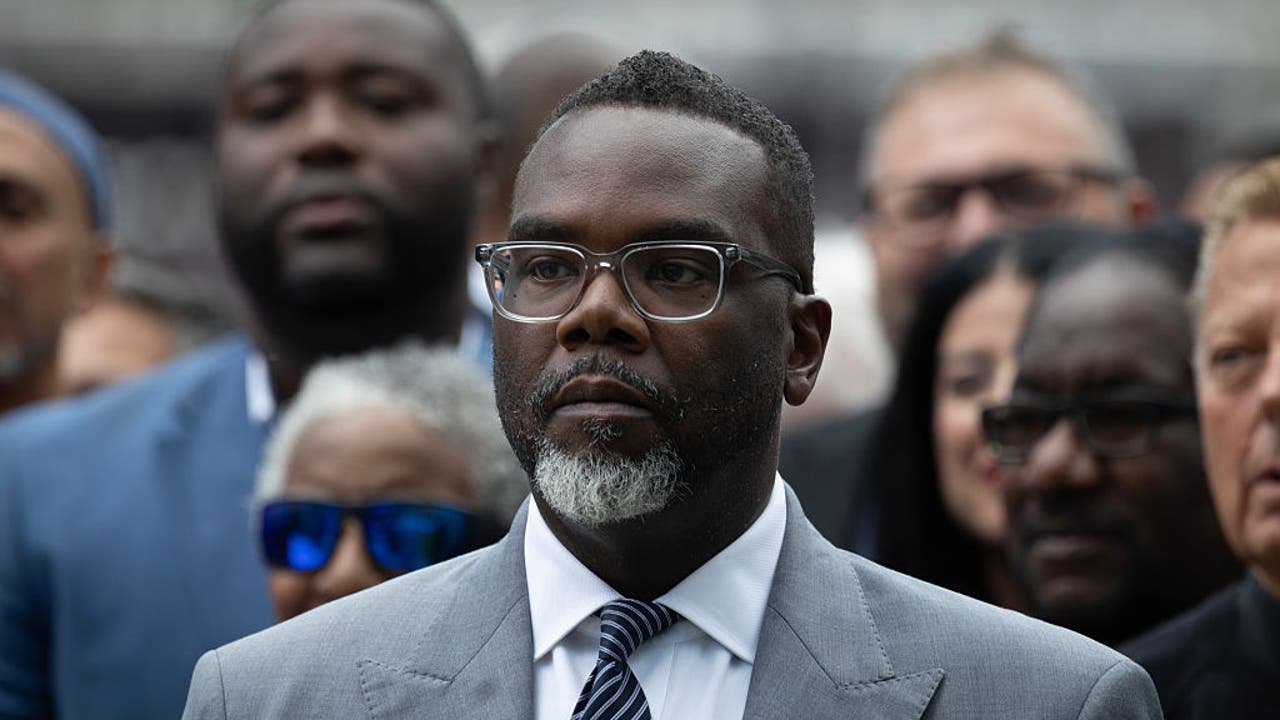CHICAGO – Mayor Brandon Johnson’s office expects the city to run a $1.15 billion budget deficit in 2026 amid declining revenues, rising personnel costs, and fears of the effects of federal funding cuts to social service programs.
Chicago is also expected to finish 2025 with a $146 million deficit due in part to the uncertainty over a CPS pension reimbursement payment.
What we know:
While local leaders touted the city’s strong economy, they pointed to the structural imbalance between the revenue it takes in compared to its growing expenses.
Johnson has in the past proposed increasing property taxes to raise revenues, but it’s been politically unfeasible after City Council members rejected the idea last year.
The mayor has also been arguing for taxing the “ultra rich.” One idea he’s voiced is a corporate head tax, which would charge businesses of a certain size for each employee it has in Chicago. Such a tax would be estimated to raise about $25 million annually, if it were approved.
Why Chicago expects a budget deficit
Dig deeper:
The mayor’s office pointed to multiple reasons for the anticipated budget deficit next year.
- Declining revenues: The city’s corporate fund revenues are expected to drop next year by about a 9% decrease, compared to this year. The drop is due to the loss of around $424 million in one-time revenue sources and “continued uncertainty around CPS pension reimbursement. The Chicago Board of Education approved its budget this week, which includes shifting a pension payment onto the city.
- Growing costs: The city’s expenses are also expected to grow to a projected $6.41 billion in 2026, around a 10.7% increase from this year. That’s mostly driven by personnel costs, pension costs, and contractual services.
- Pensions: The city expects to spend $907.8 million in pension contributions for fiscal year 2026, including $219.4 million in supplemental payments to slow the growth of its unfunded liabilities. The added costs come in part due to a recently passed state law to increase pension payments for some beneficiaries.
What they’re saying:
Johnson and his budget director framed the projection as a challenging feat for city leaders to tackle as they need to approve a budget by the end of the year.
“This forecast shows both the scale of the challenge before us and the strengths that make Chicago capable of meeting it,” said Johnson in a statement. “We have one of the most diverse and dynamic economies in the world. Together with City Council, labor, business, and community leaders, we will bring forward a balanced budget that protects essential services, invests in our neighborhoods, and builds a safer and more affordable Chicago.”
Budget Director Annette Guzman said, “This forecast makes clear that we cannot rely on one-time resources or uncertain reimbursements to sustain core services. Our structural challenges are real, and they require durable, recurring solutions. At the same time, Chicago’s economy remains strong, and with transparency and discipline we can chart a path that protects residents, supports our workforce, and strengthens the City’s long-term financial health.”
NewsChicagoBrandon JohnsonIllinois Politics
